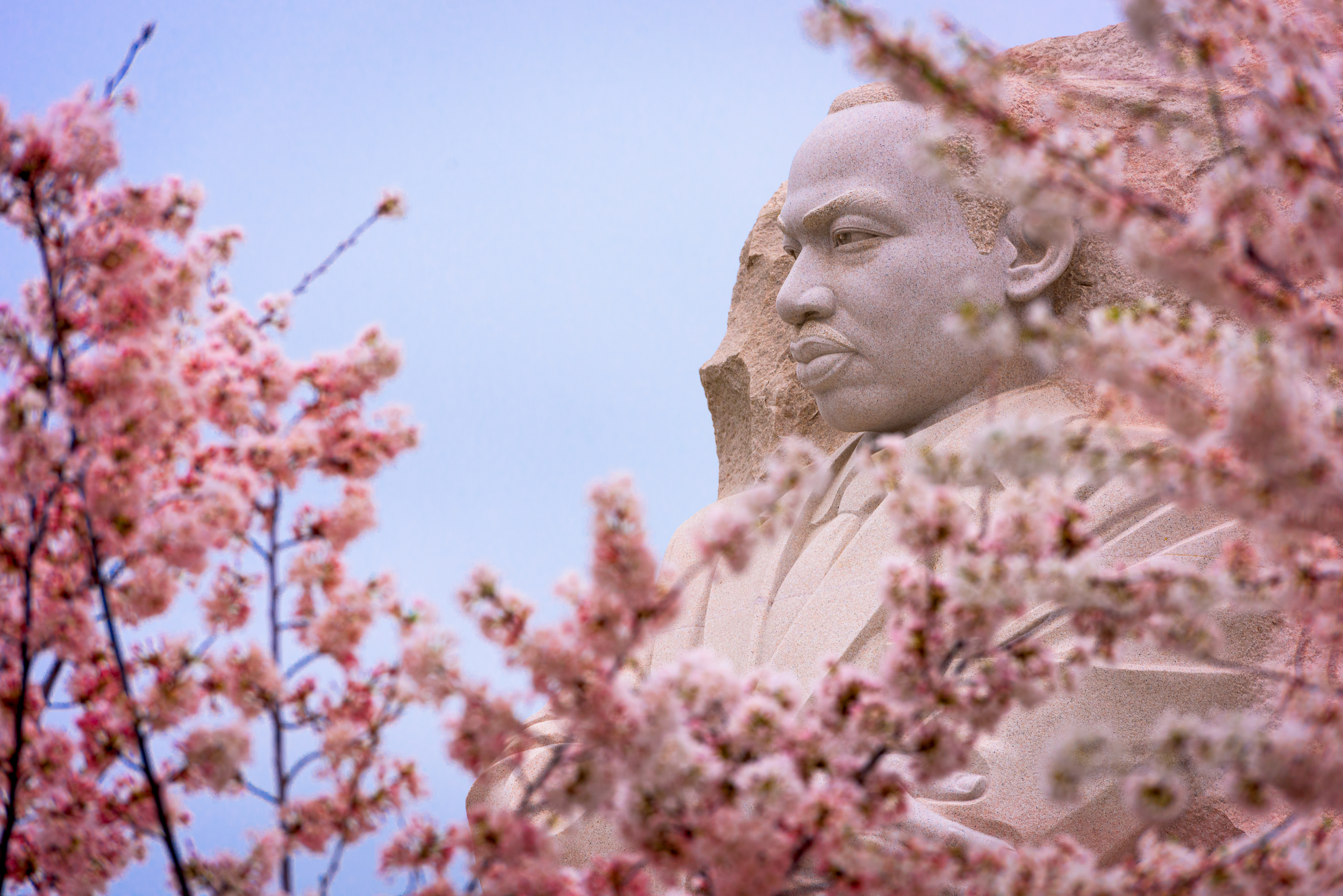Nearly 60 years ago, the Reverend Dr. Martin Luther King, Jr. presented an unclouded vision, one that challenged U.S. society to pursue racial justice, at its roots. He called for the dismantling of systems that work to uphold inequity and injustice, as Black and Brown people could not, and still cannot, do this work alone. We know this speech as “I Have a Dream.” Sadly, it is as relevant today as it was then.
“We have also come to this hallowed spot to remind America of the fierce urgency of Now. This is no time to engage in the luxury of cooling off or to take the tranquilizing drug of gradualism.”
Saving the lives of Black and Brown mothers, and their babies, cannot wait. Efforts to make historic investments to improve the social conditions that Dr. King name in his speech, as in the Build Back Better Act, have been rejected. Some of the arguments against the bill do not take into account the debilitating impacts of systemic racism. Saving the lives of mothers and babies will not wait for continued political debate. Holding up this legislation will only continue to uphold disparities in maternal health, and adverse birth and infant mortality outcomes, for Black and Indigenous mothers and families.
“No, no, we are not satisfied, and we will not be satisfied until justice rolls down like waters, and righteousness like a mighty stream.”
RACISM IS STILL THE PROBLEM
Data-driven evidence continues to show all that Dr. King brought attention to in his speech. Racism and inequities in healthcare, education, housing, and employment, are among the social factors that contribute to poor health outcomes for people marginalized by race and ethnicity. Regarding maternal health, these factors create the conditions for maternal stress and unequal power. A tragic result is the death of hundreds of Black and Indigenous mothers each year, who are three times more likely to die while giving birth than Non-Hispanic White mothers. Approximately 60% of these deaths are preventable. In addition, thousands more experience “near misses,” that is, the mother nearly losing life during pregnancy, birthing or within 42 days after a pregnancy has ended. This leaves thousands of children without their mother, and people without their partners.
Racialized trauma passes through the generations, impacting mothers from preconception through the birth of their babies. Culturally insensitive and racially biased clinical and non-clinical care activates this stress. That is why equity and antiracism are inculcated in our work.
COLLECTIVE IMPACT IS A CATALYST FOR SOLUTIONS
For over 30 years, NHSA has been advocating with and helping to amplify the voices of these mothers. Despite efforts among many organizations, pregnancy, birth, and postpartum outcomes have not improved, and have even gotten worse. We are in “the fierce urgency of now.”
These life-altering experiences of maternal and infant mortality, and perinatal loss, disproportionately impact Black and Indigenous mothers. Finding solutions requires centering their voices. It also requires sharing and shifting power to include them, across sectors. Dr. King’s words inspire the continuation of NHSA’s collective impact work, which has led to the current convening and developing of innovative solutions, such as non-clinical community-based care bundles, and racial equity tools through the Alliance for Innovation on Maternal Health Community Care Initiative (AIM CCI). This work is funded by the Health Resources and Services Administration (HRSA) over a five-year period.
“So, we have come here today to dramatize a shameful condition.”
Dr. King’s words remind us of the daunting work that we continue and the urgency in saving more lives of Black, Indigenous and mothers of color and their babies. Despite this, we work with the ongoing hope of realizing his dream.
Sources:
King, Martin L. “I Have a Dream.” Speech presented at the March on Washington for Jobs and Freedom, Washington, D.C., August 1968.
Infographic: Racial/Ethnic Disparities in Pregnancy-Related Deaths — United States, 2007–2016, CDC, 2022



